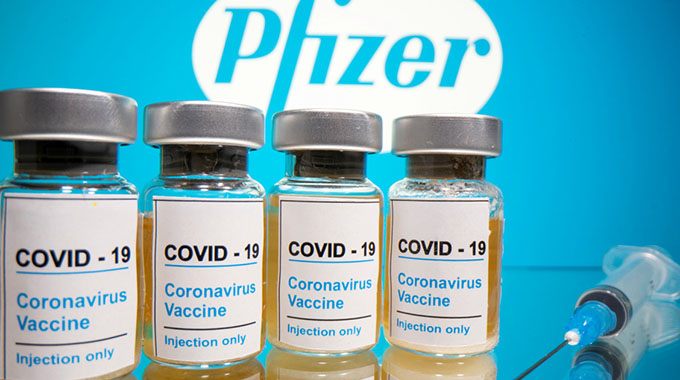COVID-19: What you need to know about the coronavirus pandemic today

Joe Myers
How COVID-19 is affecting the globe
Confirmed cases of COVID-19 have now passed 96.1 million globally, according to the Johns Hopkins Coronavirus Resource Center. The number of confirmed deaths stands at more than 2.05 million.
German Chancellor Angela Merkel has warned that Germany might need to consider restrictions on border crossings. She also called on more people to work from home, to help reduce contacts that could spread the virus.
Average US airfare prices fell to their lowest inflation-adjusted level in the three months ending in September since tracking began in 1995.
Health workers in northern Spain are using a mobile vaccination trailer to go from village to village and vaccinate elderly residents.
It comes as Spain’s incidence of COVID-19 reached a new high of 714 cases per 100,000 people yesterday – as measured over the past 14 days.
European Union foreign policy chief Josep Borrell has said the world needs American leadership in the fight against COVID-19.
The International Monetary Fund has approved a $2.7 billion line of credit for Panama to address the COVID-19 pandemic.
Daily new confirmed COVID-19 cases per million people in selected countries
Spain’s incidence rate has risen in recent days.
Image: Our World in Data
- Beijing steps up COVID-19 measures
China’s capital Beijing has said it will investigate all individuals who entered the city from abroad from 10 December and has closed a subway station.
It comes amid the country’s most severe outbreak since last March. The National Health Commission said 103 new COVID-19 cases were reported on 19 January, down from 118 a day earlier. But, Jilin province reported 46 new cases – a daily record.
Beijing reported seven new cases – matching the 28 December total. Six live in the Daxing district, and the city’s subway operator said it shut down a metro station near the patients.
- US economic relief
Janet Yellen, US President-elect Biden’s nominee for Treasury Secretary, has urged lawmakers to ‘act big’ on coronavirus relief spending.
“Without further action we risk a longer, more painful recession now and longer-term scarring of the economy later,” she said.
During more than 3 hours of confirmation hearing testimony, she argued that the economic benefits far outweigh the risks of a higher debt burden.
It came as the US Small Business Administration said it had approved over $5 billion in small business relief loans in the first week since reopening the Paycheck Protection Program.- World Economic Forum









Comments